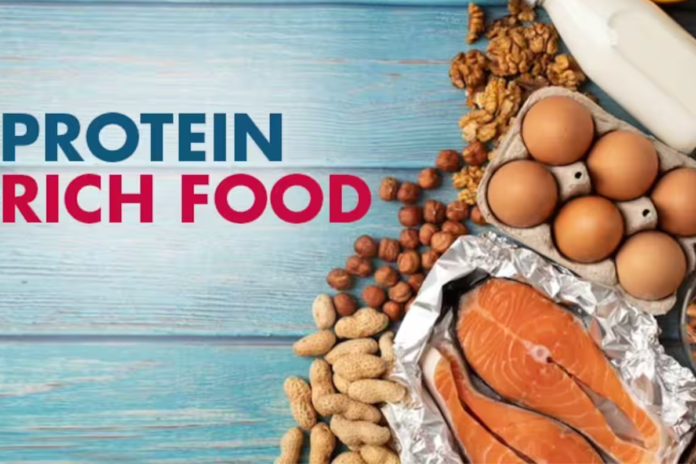An important macronutrient for immune system performance, muscle conservation, and general health is protein. Our body needs 20 amino acids to function properly; nine of these are essential, meaning our body cannot make them on its own.
As a result, we must get these necessary amino acids from a variety of comprehensive protein sources. Selecting high-quality protein sources should take precedence over high quantity. Plant-based protein options that are highly recommended by Dt. Poonam Arora, DDHN Dietician with Fast&Up (Nutrigenomics, Spain) are as follows:
Lentils
Legumes and lentils are high-protein foods that contain 24–25 grams of protein per 100 grams. Certain types of lentils provide lysine, an amino acid that completes the protein when it combines with rice’s sulfur-based proteins.
Quinoa
Admired as a super food, quinoa is a high-protein, high-nutrient grain that is free of gluten. A 100-gram meal provides approximately 14 grams of protein, which makes it a complete protein source since it includes all nine essential amino acids.
Soybeans
Due to their high protein content around 50 grams per 100 grams soybeans are well known for this attribute. They are a complete protein supply because they provide every necessary amino acid. Tofu, tempeh, and edamame are well-liked soy-based foods that can be used in a variety of recipes.
Pumpkin Seeds
Nutritious powerhouses, pumpkin seeds are loaded with important nutrients including zinc, copper, phosphorus, and magnesium. They include all required amino acids, however separately they don’t make up a substantial amount of protein. They offer a complete protein profile when paired with other plant-based sources, contributing roughly 19 grams of protein per 100 grams of food.
Nuts
Nuts like peanuts, pistachios, and almonds are great sources of protein and good fats. Even while they might not supply every necessary amino acid on their own, when paired with grains or legumes, they add to a complete protein profile. For example, a 100 g dish of peanuts has roughly 26 g of protein.
These plant-based sources of complete protein can help you achieve your dietary goals and provide you with a range of tasty and nutritious meal options. These choices can support a well-rounded and fulfilling diet, regardless of your dietary preferences—vegan, vegetarian, or just trying to increase the variety of your protein sources.
Plant protein supplements provide a practical and effective option for individuals who are having trouble meeting their protein needs just by eating complete meals. These supplements, which come from soy or pea protein, offer vital amino acids that are necessary for muscle regeneration. Supplementing the diet might be very helpful for vegans and vegetarians to make sure they are getting enough protein. Recall that getting personalized nutritional advice from a healthcare provider is essential. Supplements and plant-based protein sources can be used to create a versatile and satisfying strategy that supports general health.



